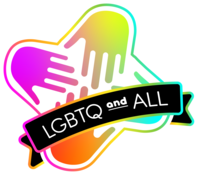What Makes Relationships Abusive?
Relationships can be complicated and difficult to navigate, but one thing is certain: no one ever deserves to be abused. An abusive relationship is one in which one partner uses physical, emotional, or psychological violence or intimidation to control the other. This type of behavior is damaging. It’s important to recognize the signs of abuse in order to help friends and family who may be in an unhealthy relationship.
One of the most common signs of an abusive relationship is a partner who seeks to control or dominate the other. This could include the abuser trying to monitor their partner’s conversations, checking up on them when they are not around, or attempting to control their behavior or decisions. They may also resort to threats or intimidation to keep their partner in line, or use physical violence to make their point.
Another sign of an abusive relationship is a partner who frequently puts their partner down and humiliates them. This type of behavior can be extremely damaging to the victim’s self-esteem and cause long-term psychological harm. Abusive partners may also try to isolate their partner from friends and family or use manipulation tactics to keep them in the relationship.
Finally, an abusive relationship is characterized by the abuser’s refusal to take responsibility for their actions. They may deny that their behavior is wrong, or try to blame their partner for the abuse. This is a dangerous sign, and it is important to recognize the warning signs of abuse and seek help if you or someone you know is in an abusive relationship. Abusive relationships can be incredibly damaging. If you or a loved one is being abused contact the National Domestic Violence Hotline 1-800-799-SAFE. For a person who has been in an abusive relationship, whether in childhood or adulthood, talking with a licensed therapist can assist them in dealing with the psychological effects of being abused. It is important to remember that help and support is available.





